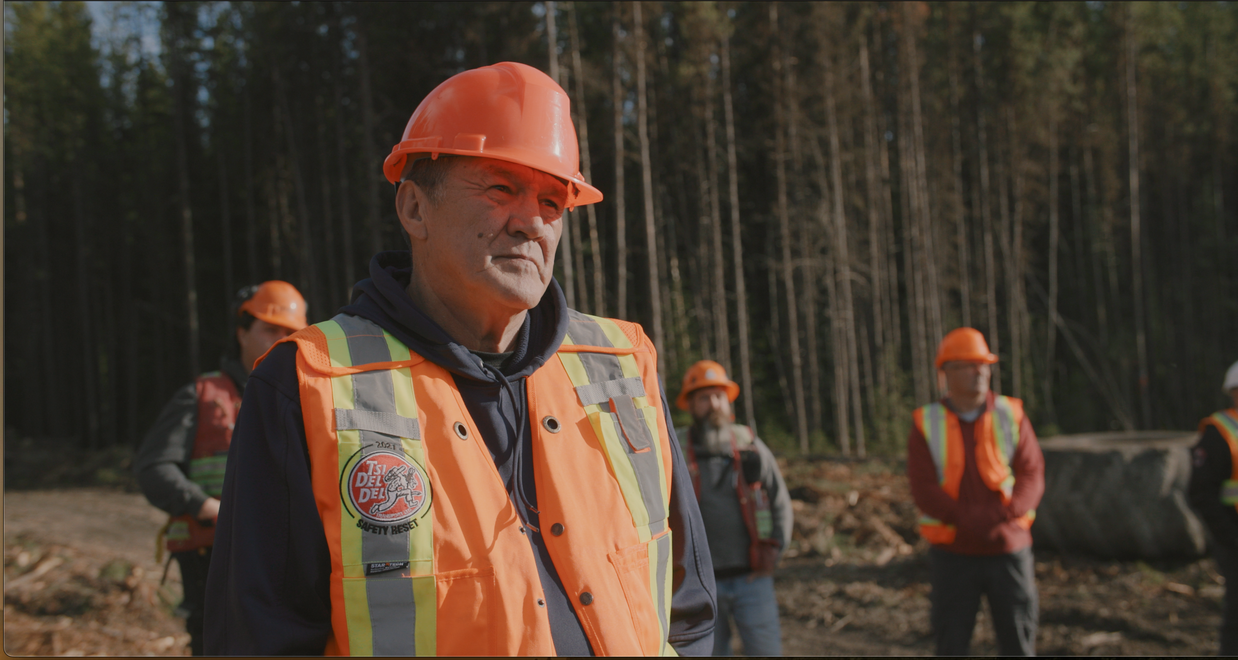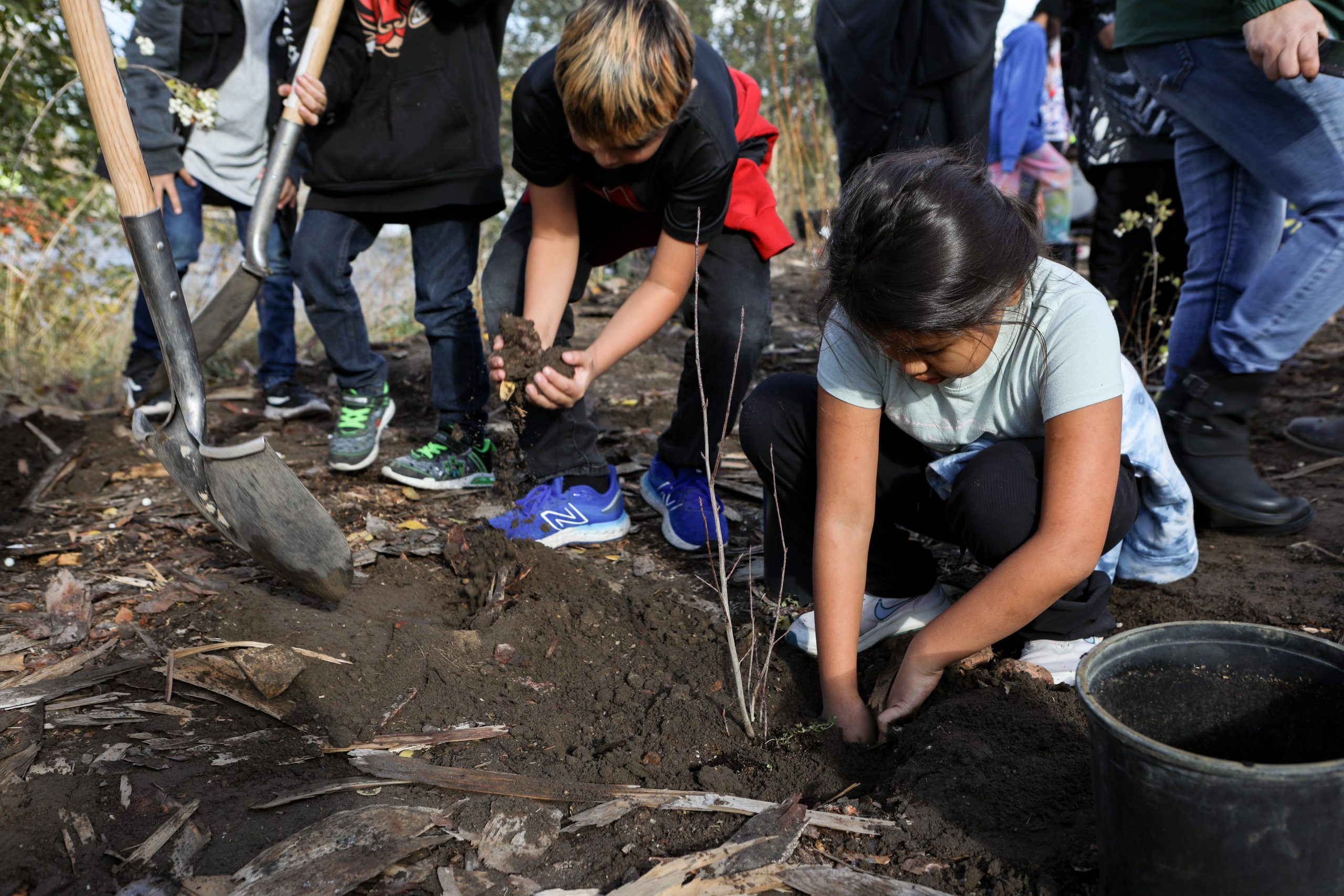Tŝilhqot’in government welcomes ‘long overdue charges’ in Mount Polley mine disaster
The nation’s leadership has been calling for Indigenous-led monitoring, assessment and action around the ongoing discharge of mining waste into their waters


This story originally appeared in the Williams Lake Tribune and is reprinted here with minor style edits.
The Tŝilhqot’in National Government (TNG) is welcoming recent charges related to the Mount Polley mine disaster, saying they are “long overdue.”
As the governing body for six autonomous nations situated in “B.C.’s” Chilcotin region, TNG has been calling for Indigenous-led monitoring, assessment and action around the ongoing discharge of mining waste into their waters.
“The Mount Polley breach has shown everyone that mining practices in British Columbia have a long way to go in protection of lands, waters and animals,” said Troy Baptiste, Nits’ilʔin (chief) of ʔEsdilagh First Nation (Alexandria) in a press release on Wednesday.
“Our natural environment sustains us — why aren’t we all making a greater effort to protect it?”
In 2014, the Mount Polley copper-gold mine’s tailings dam collapsed, releasing millions of cubic metres of tailings water and waste into area waterways. On Dec. 10, ten years following the incident, a total of 15 charges were announced against Imperial Metals Corporation, Mount Polley Mining Corporation and Wood Canada for possible contraventions of the federal Fisheries Act.
Chair of TNG Nits’ilʔin Joe Alphonse said the Mount Polley mine disaster has had an “extremely negative impact” on the nation’s traditional fishing practices, causing many to step away from fishing in the Fraser River for fear of contamination.
“Instead of ensuring the right thing was done for salmon, the province dealt with the breach by issuing more mining permits to Mount Polley,” Alphonse said.
TNG said years later, the province still hasn’t addressed the nation’s concerns regarding the continued discharge of mining waste into both Quesnel Lake and the Fraser River, the former resulting from Mount Polley’s ongoing operations, and the latter from the Gibraltar Mine.
The press release said Mount Polley’s ongoing discharge of tailings into Quesnel Lake, without using sophisticated water treatment methods, is an “unacceptable mining practice.”
In a press release dated Dec. 13, Imperial Metals Corporation — whose subsidiary Mount Polley Mining Corporation owns 100 per cent of the Mount Polley mine located 56 kilometres north of Williams Lake — said it has invested more than $75 million in remediation efforts related to the 2014 disaster and has worked closely with First Nations in the process.
“This incident is a significant part of our history, and we have dedicated the past decade to addressing its impacts…. Our focus remains on maintaining the highest standards of environmental stewardship and upholding our commitment to the communities where we operate,” noted the release.
The corporation said its remediation efforts have led to “significant ecological recovery,” and were recognized by the industry, including by the Jake McDonald Annual Mine Reclamation Award in 2023.
A first court appearance date for the charges was scheduled yesterday in B.C. Supreme Court in “Vancouver.”
— with files from Canadian Press and Monica Lamb-Yorski
Author
Latest Stories
-
‘Bring her home’: How Buffalo Woman was identified as Ashlee Shingoose
The Anishininew mother as been missing since 2022 — now, her family is one step closer to bringing her home as the Province of Manitoba vows to search for her
-
‘We all share the same goals’: Tŝilhqot’in and syilx foresters learn from each other
Nk’Mip Forestry and Central Chilcotin Rehabilitation visit their respective territories, sharing knowledge and best practices
-
IndigiNews is hiring for two new positions
We’re looking for an Operations Manager and Audience Engagement Editor to join our team













